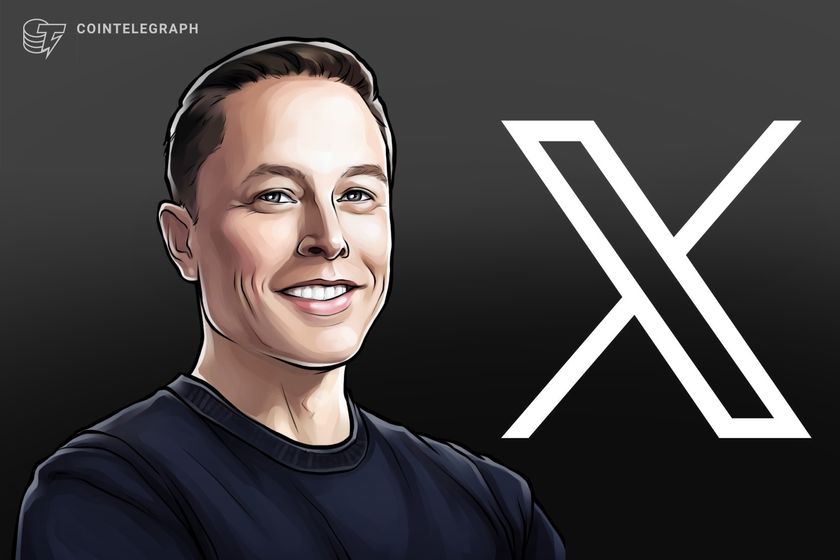Elon Musk to advertisers trying to ‘blackmail’ X — ‘Go fuck yourself’


The billionaire X owner lashed out at advertisers ditching the platform due to his controversial posts.
Billionaire entrepreneur Elon Musk is making the headlines again, this time for an expletive-laden outburst on live TV at an annual conference hosted by The New York Times.
Speaking at the 2023 DealBook Summit in New York on Nov. 29, Elon Musk, the owner of micro-blogging platform X (formerly Twitter), lashed out at advertisers leaving the social media site due to antisemitic posts he amplified.
Recently, Musk publicly endorsed what the White House labeled “antisemitic and racist hate” on the platform, which he has since apologized for.
However, when interviewer Andrew Ross Sorkin asked about advertisers leaving the platform, Musk stated:
“If someone is going to try to blackmail me with advertising, blackmail me with money, go fuck yourself …. Is that clear? I hope it is.”
Musk also shouted out to Disney CEO Bob Iger, who was reportedly in the audience, saying “Hi Bob!” since the company was one of several advertisers that have left X.
“GO FUCK YOURSELF”
– Elon Musk pic.twitter.com/UnucuBSBKj






